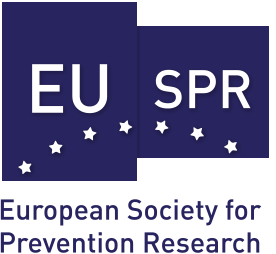Speaker
Description
Author: Rachel Barry (University of Bath, Centre for Public Health)
Background: Efforts to regulate the commercial determinants of health (CDoH) – the systems, practices, and pathways through which commercial actors drive health and equity – increasingly highlight the need for intersectoral collaboration and coordination across policy areas that are typically siloed. Yet, there remains limited empirical insight into how such coordination can be achieved in practice, especially when policy objectives related to health, trade and development diverge.
Methods: This study draws on the case of cannabis regulation in Uruguay to explore how synergies across (potentially) competing policy spheres – particularly between health, justice and public security – have been leveraged to support mutually reinforcing actions. Government documents, fieldwork observations and semi-structured interviews (n=43) were thematically analysed.
Results: Findings show that policymakers in Uruguay sought to align health, rights and public security objectives of cannabis regulation by ensuring that policy instruments in one sphere could advance the goals of another. By engaging sectors such as crime control and agriculture, health advocates promoted policies that made the legal cannabis market more attractive than illicit alternatives, while ensuring the price, accessibility and availability of cannabis aligned with public health and rights-based goals. Central to this approach were supply-side measures that provided adults with legal access to an affordable, quality-controlled product – aiming to displace the illicit market, reduce drug-related crime and avoid criminalisation of individual users.
Discussion: This study suggests that policymakers and public health professionals can learn from the importance that cannabis regulation has attributed to protecting health, promoting rights and combating the illicit market through supply control measures. By focussing on supply-side issues, Uruguay’s cannabis policy offers valuable lessons for advancing more coherent approaches to regulating the CDoH centred on fostering healthy product environments through intersectoral alignment.
| Conflict of interest | I do not have any conflicts of interest to declare. |
|---|

